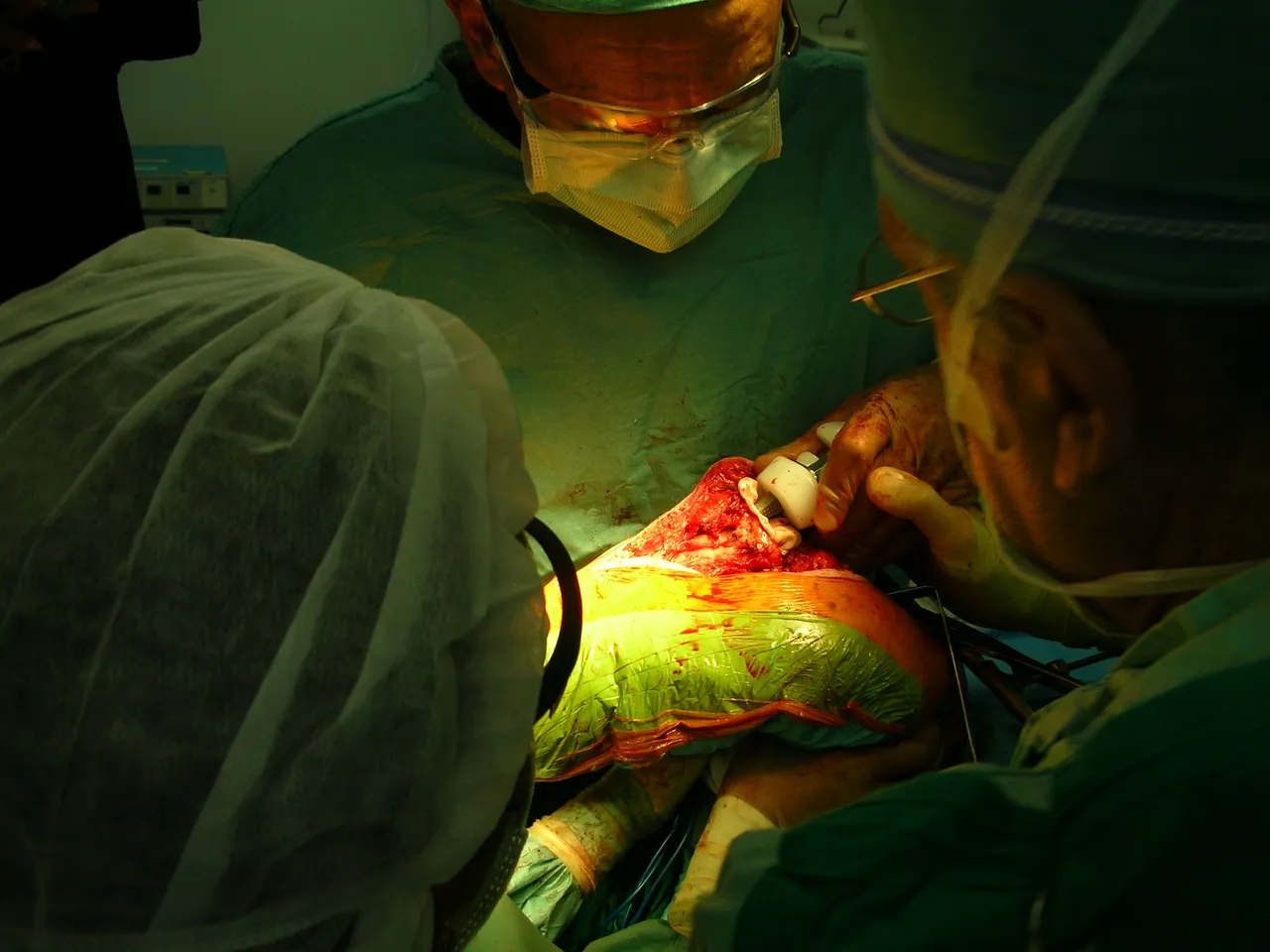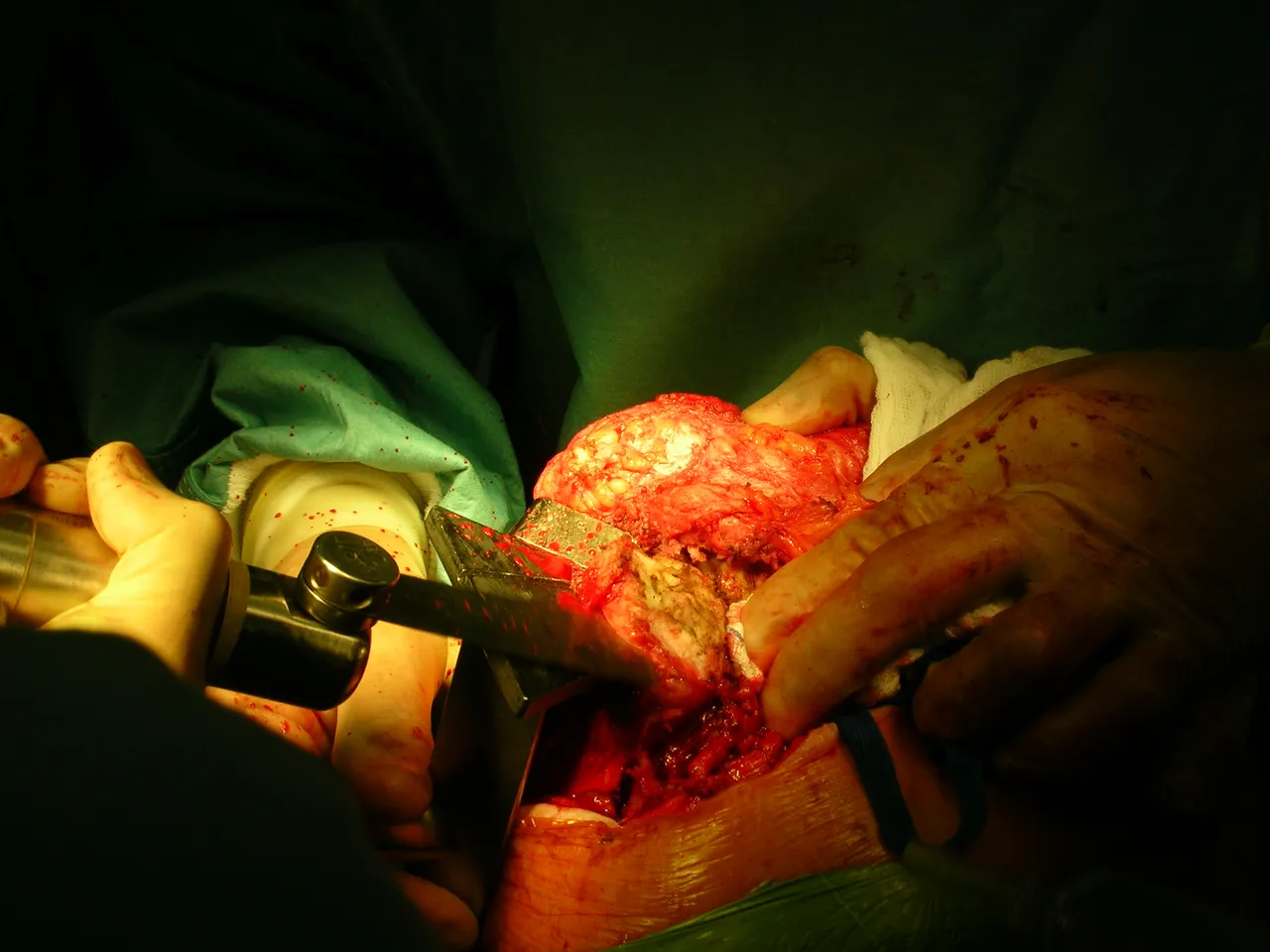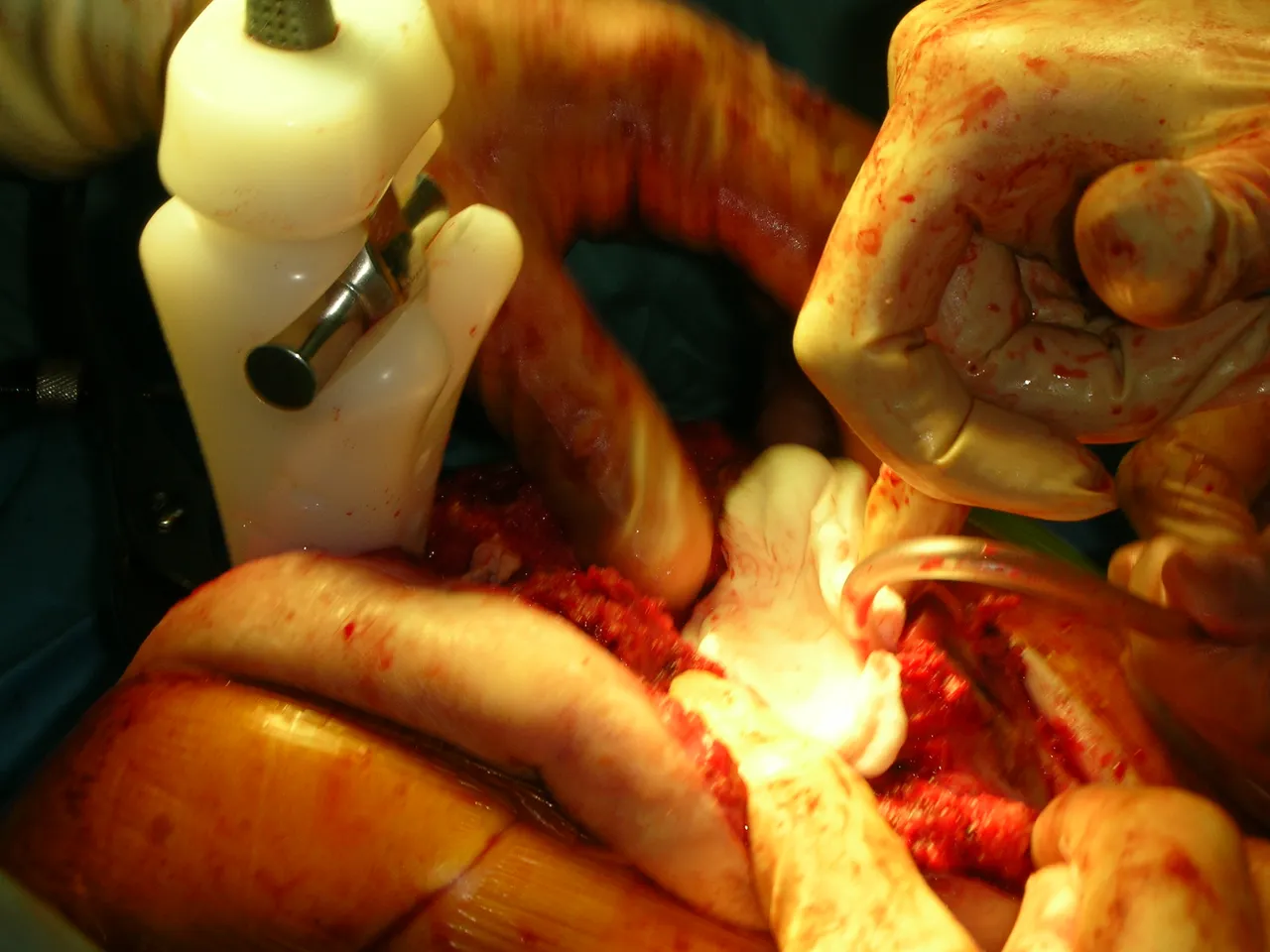
Introduction
When the osteoarthritis is in an advanced stage, the pain is intense and limits our quality of life, it is time to consider the option of placing a hip or knee prosthesis.
The professional who will be able to advise us when making this decision is the traumatologist; the doctor who specializes in injuries to the locomotor system. This surgeon together with the anaesthetist will be in charge of evaluating each specific case, taking into account all the factors that increase the risk of an intervention.
The average age of patients with osteoarthritis who undergo knee or hip prosthesis surgery is usually between 60 and 80 years old. There is a belief that after a certain age it is advisable not to undergo this type of operation, although with advances in surgical techniques, advanced age is becoming a minor inconvenience, and as long as the patient does not present other diseases that may pose a risk, surgery can be performed at virtually any age.


At what point?
Doctors usually recommend inserting these prostheses from the age of 60, since they have a limited life span and need to be replaced after a few years. The second intervention to change a prosthesis can be more complex, so the fewer interventions that need to be performed to replace this prosthesis, the lower the risk. However, there are also cases of young patients with a significant disability who have had to undergo an operation such as this.
In any case, experts recommend that once the prosthesis is in place and mobility is restored, a little gentle exercise should be carried out every day. Walking or swimming can be two activities very indicated to maintain good physical shape and continue improving our quality of life.



Risks and Benefits
The greatest benefit is the disappearance of pain. Some patients notice some discomfort in the operated joint after the intervention. This discomfort is due to surgery and to the fact that the muscles surrounding the joint are weakened by inactivity. This discomfort may last for a few weeks or months. As for muscle strength, it usually recovers once the pain fades. Mobility improves and recovery depends on how stiff the joint was before the operation.
As in any surgical procedure, there are risks in the placement of the knee prosthesis. We recommend the patient to inform the doctor of any problem or health situation to be taken into account at the time of surgery. In order to determine the surgical risk as accurately as possible and prevent possible complications, blood tests, a chest X-ray and an electrocardiogram are performed. These tests are evaluated by the clinician and anesthesiologist when interviewing the patient. The anesthesiologist will report on the type of anesthesia and the risks involved.
Dr. Leopoldo Maizo - Orthopedic Surgeon


Firma diseñada por @themonkeyzuelans, contáctalos vía Discord "themonkeyzuelans#9087"
Great projects from the Steemit community:
- My Fundition campaign: https://fundition.io/#!/@drmaizo/6f88ggj8h



